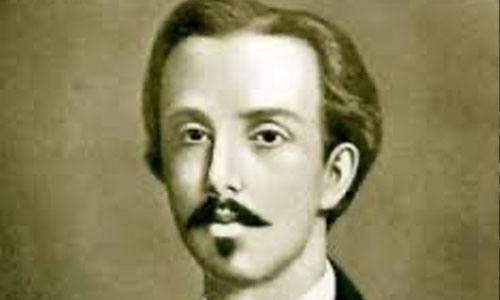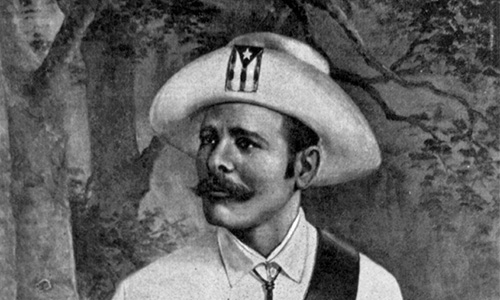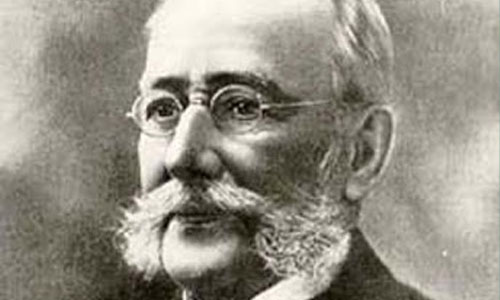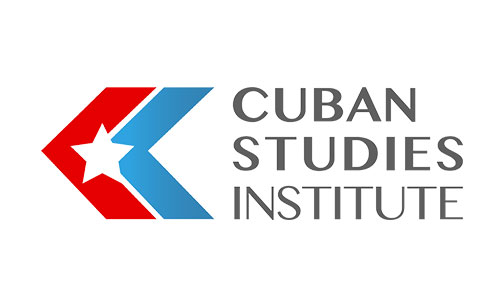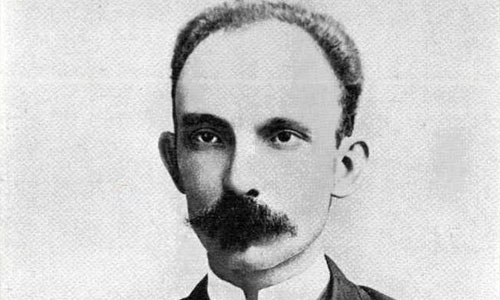Ignacio Agramonte (1841-1873)
A Creole cattle farmer and lawyer, and leader in the Ten Years’ War. For the first five years after 1868 he led the revolt in his native Camagüey, participated in drafting the Guáimaro Constitution, and carried out many brave military feats against the government forces. The best known of these was the daring rescue of […]
Ignacio Agramonte (1841-1873) Leer más »

